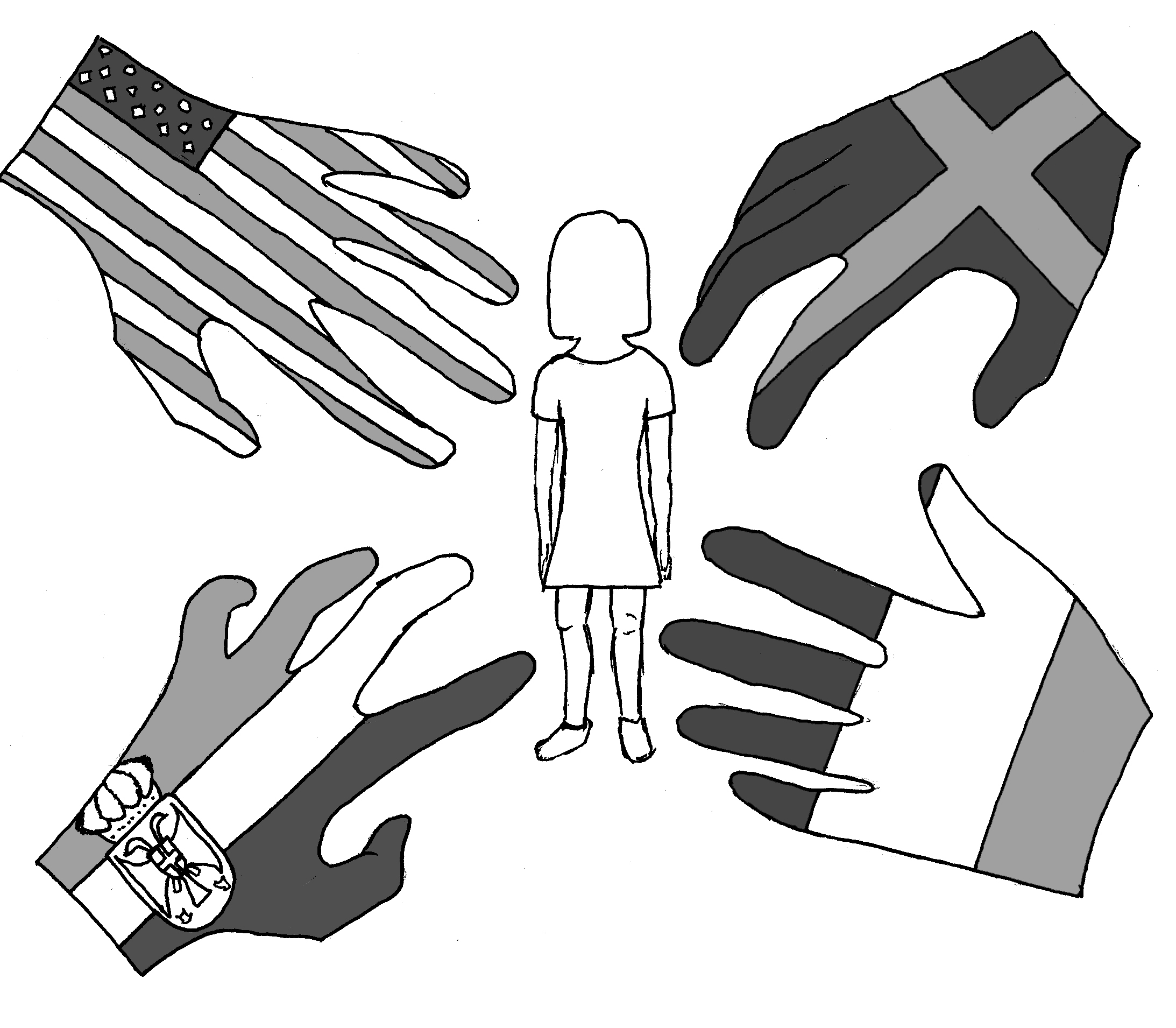Notice of violation: reprehensible male behavior
October 11, 2018
Autumn hugged Uppsala, a small college town on the periphery of Stockholm. The air had chilled, the sky had greyed and things were dying beautifully. We paused on the way to a museum at a café for a brief indulgence of coffee and kanelbulle and ran into a fellow American abroad.
She was a mother. Flanked by two young sons and a daughter who were engrossed in their respective screens, she was eager to chat with us. A Santa Barbara native, she and her husband had moved to Stockholm to expose their children to other cultures before life got in the way. Her husband was away that weekend surfing in Spain—“Don’t you love how you can say that?”—and she decided to take the kids on a break from the city for the weekend. She asked if we had been following the news from home. We responded that we had. It had been particularly isolating to be so far removed in such a strenuous time. I asked how she was coping.
“Among my three closest friends and I, we have ten children—nine of which are boys.” Her daughter had fallen asleep on her shoulder, her little chest rising and falling. “Even prior to this Kavanaugh mess, we would have conversations about how important it is to make sure the boys grow up to be respectful and kind and compassionate.” She rubbed at her eyes. “It was International Daughter’s Day last week. I don’t know how to look at her and not be scared for what’s to come.”
In Serbia, my uncle explains how happy his wife is, tending to their children and spending her day in the kitchen. “You have so much to look forward to,” he tells me.
Just a week ago, my roommate Cecile had burst into our apartment, shaken. An older man had followed her from university to the subway station. In the station, he approached her and insisted on taking her out on a date. At first, she politely declined mentioning that she was in a relationship and continued to walk toward the exit out of the station. He persisted. “Oh that’s okay, we go anyways…” More firmly, she repeated her disinterest. She repeatedly declined his invitation until a Swedish woman intervened, yelling at the man in Swedish.
In France, a waiter murmurs into my ear. “Aren’t you sweet enough, sugar?” after I asked for more sweetener.
Just a few days after this incident, Cecile and I were on the phone with a friend studying in Eastern Europe. We were discussing customs and practices in our respective host countries.
“I was on the train home after a night out with some friends. It must have been, around 11:30? And I look at him for a second, a second! And that was enough. He stared at me for the rest of the ride. I got off at my stop and kept him in the corner of my eye. He stayed close to me. I started to walk quicker, and he walked quicker. I started to run, and he ran after me. Then he was in front of me. Yelling at me, shaking me, grabbing at my waist. From what I could understand, he was talking about my legs—I was wearing a dress. I froze—what could I say? Finally, I managed to break free and get away. When I got home, my host mother noticed that I was upset. I explained to her what had happened. I didn’t fully understand what she said, but she gave me a hug and said that these things happen.”
In Sweden, hands grab at my waist, my ass and my thighs as house music plays. I swat them away.
My cousin visited me in Stockholm last week. She is studying English at Belgrade University and hopes to be a tour guide to the deaf someday. She picks up on some of our conversations. Supreme Court. Sexual assault. Nomination. She asks what is happening in the United States. I explain. She doesn’t understand. “If a man commits an unjust act, how can he then determine what justice is? And in America of all places?”
Reprehensible male behavior doesn’t conform to borders—from the streets of Stockholm to the Supreme Court of the United States, it is ubiquitous. But to normalize conduct to these standards simply because of that fact is just as unacceptable. Keep up the good fight.


Comments
Before submitting a comment, please review our comment policy. Some key points from the policy: